Stress & Your Physical Body
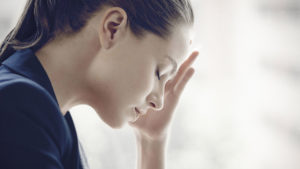 Stress is defined as: a physical, chemical or emotional factor that causes bodily or mental tension.
Stress is defined as: a physical, chemical or emotional factor that causes bodily or mental tension.
It actually has a good function in our bodies. It’s our body’s way of signaling for help or for a break in routine. If we don’t listen to these signals, we develop imbalances in our bodies, which can then lead to illnesses.
Stress is a natural response of the body to the various demands we place upon it. In ancient times, our stress response, also known as our “fight or flight” response, provided us with energy to preserve life during difficult situations, such as an attack or threat by a wild animal.
Unfortunately, modern day stress is considerably higher, more frequent, and more consistent than what our predecessors experienced. Today, we don’t have to look much further than our windows, or computer screens, to view various forms of stressors – everything from the news, traffic / road rage, to the 40+ hour work week, terrorism talk, cell phones and social media.
Signs and symptoms of an overactive response to stress:
- Anger
- Anxiety
- Asthma
- Depression
- Depressed immune system
- Digestive disorders
- Headaches
- Heart disease
- High blood pressure
- Joint pain
- Weight problems
Our response to stress can either help or hinder our body’s ability to cope with these various stressors in our lives. Healthy responses to stress include appropriate physical exercise, good eating habits, positive thinking, adequate rest, and reaching out to friends and family for support. Unhealthy responses to stress include negative thinking, overexertion, poor eating habits, lack of sleep, and isolation. These unhealthy responses can cause the body to work harder than it needs to and can trigger physical and mental health issues. Over time, ongoing stress and unhealthy responses to stress can actually be detrimental to our health.
Medical studies have shown that with increased and consistent stress, our white blood cells which defend our body against viruses decrease. This results in lower immune resistance, ultimately leading to physical disease and emotional instability.
Even if the stressors are no longer present, the body continues to keep the stress response active. This results in the depletion of our nervous system, lymphatic organs (spleen, thymus, and lymph nodes), kidneys and adrenal glands, which can pave the way for a wide variety of symptoms and signs.
There is Hope.
Practitioners of acupuncture and Traditional Chinese Medicine (TCM) have been helping people cope with stress for thousands of years. The ancient theories of TCM on how stress affects the organs are similar to those of Western medicine. However, TCM theory and treatment go far beyond treating symptoms and signs and address the root cause(s) of the problem.
One way that stress affects the body is by causing a depletion or blockage of Qi, especially that of the kidneys and adrenals. Qi is the vital energy or power that animates and supports the functions of the body. It flows through specific pathways, called meridians, and provides nourishment for the entire body. When Qi becomes “blocked” or the supply is inadequate, the body and organ systems become “stressed out” and our health is then compromised.
With acupuncture and TCM, our job is to support and restore the integrity of the various organs affected and depleted by the stress response, along with evaluating the quality and quantity of Qi. We may also suggest adjunct therapies to enhance treatment and speed healing. Proper eating habits, as well as exercise, stretching, movement and meditation practices, support and promote a balanced and healthy body, mind and spirit.
Acupuncture & TCM provide a safe, effective & drug-free alternative for treatment of stress!
Ways to combat stress:
- Get adequate sleep. Try for at least 8 hours of restful and restorative sleep.
- Practice meditative exercises. Qi Gong, Tai Chi & Yoga can help create a healthy awareness of the body and mind connection, freeing your mind of stressful thoughts.
- Eat a well balanced diet. Maintain a healthy diet with adequate amounts of complex carbs, vegetables, fruits, protein and healthy fats.
- Have fun! Make time for relaxing activities, enjoyable hobbies and lots of laughter in your life.
- Breathe. Relaxed deep breathing is one of the most simple and easy techniques that can be used for reducing stress.
Acupuncture for Stress Relief
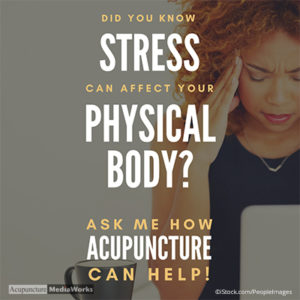 How Acupuncture Helps Reduce Stress
How Acupuncture Helps Reduce Stress
Stress is a word many people are familiar with.
Cortisol is the hormone most closely related to stress. Cortisol is a big component of the “fight or flight” response we feel when we are scared or threatened.
In small bursts, cortisol is helpful. However, when stress becomes chronic, cortisol levels become elevated and never return to normal.
This puts the body in a constant state of being on edge, eventually causing insomnia, depression, anxiety, digestive issues and even mental illness.
There are ways to fight and reduce stress though. Simple things like exercise, meditation, art, talking with friends and even acupuncture. Admittedly, most people don’t think of being stuck with tiny needles as “relaxing,” but it really is. Acupuncture has been around for thousands of years and it is becoming more mainstream every single day. It is even being used in some hospital emergency rooms for those who are in pain and anxious.
Acupuncture acts like physical therapy for the nervous system. The tiny needles retrain the nervous system and the brain to behave as it should normally. For the nervous system to act and respond accordingly, cortisol has to be at normal levels and only used when a true “fight or flight” situation occurs. Studies show acupuncture does this.
Another way acupuncture helps reduce stress is by keeping the heart rate normal. When the body is stressed, the heart tends to pump faster and in some cases, a person may even develop palpitations or atrial fibrillation. The heart rate is closely connected to the vagus nerve. If the vagus nerve is stimulated, so too will the heart rate. There are specific acupressure points on the arms and hands that can calm the vagus nerve and the heart.
Stress is frequently related to specific emotions. Acupuncture controls anxiety and stress by affecting the part of the brain that regulates emotions and then reduces anxiety naturally. This allows the body to calm down and the mind to relax.
Chronic stress frequently leads to depression. Again, acupuncture can help with this. As the stress is relieved through regular acupuncture treatments and other mind/body techniques, then depression will start to clear up as well. Many people are even able to get off their depression medications following a regimented treatment plan that utilizes acupuncture and herbs.
Lastly, digestive disorders can be caused or exacerbated by chronic stress. Digestion occurs while the body is in the “rest and digest” phase. When stress is added into the mix, digestion may become disrupted and things like diarrhea can occur. Studies have shown acupuncture is extremely effective at decreasing or eliminating bouts of diarrhea.
Acupuncture is a wonderful tool for fighting stress. As few as two needles can reset your body and decrease your daily stress level. Talk with us to find out how to resolve your stress the natural way.
Acupuncture / Acupressure Points for Stress
There are over 400 acupressure points on the body and another 100 or more in the ears. But within all these choices, there are certain points that are much better for treating stress. Here are 3 great choices for dealing with your stress levels:
Yin Tang – This point is located midway between the inner ends of the eyebrows. Yin Tang is used to treat stress, anxiety and insomnia. It is also a great point to use for eye issues, nasal problems and headaches.
Ren 17 – Located in the center of the chest, midway between the nipples on the breastbone or sternum, this point is great for opening the chest. Many people feel chest tightness and constriction when they become stressed. This point will definitely help. It is frequently used to treat anxiety, depression and nervousness, as well as asthma or other lung issues. It can also be added to treatments to help with digestive issues or heart problems like palpitations.
Heart 7 – This point is located on the underside of the wrist crease on the outer edge. It is found in the depression on the outer side of the tendon. In Traditional Chinese Medicine, this point is used to calm the mind and heart. It works well for anxiety, stress and anger too.
If stress is something you experience frequently, seeking out a licensed acupuncturist might just be the remedy you need to get it under control. And don’t forget that long-term mental stress can turn into physical stress that leads to disease. So what are you waiting for?
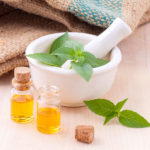 TCM is holistic and natural because it stimulates the body’s own healing mechanisms and takes into account all aspects of a patient’s life, rather than just several obvious signs or symptoms.
TCM is holistic and natural because it stimulates the body’s own healing mechanisms and takes into account all aspects of a patient’s life, rather than just several obvious signs or symptoms.
TCM practitioners view the body as a complex network of interconnected parts (part of a larger concept known as Qi), rather than separate systems or organs.
Research Update: Acupuncture & Stress
A study published in the Annals of Yoga and Physical Therapy looked at how acupuncture treatments affect stress levels in administrative workers at a local hospital.
The study included 58 participants who reported high levels of stress associated with their jobs. The participants were treated with 8 weeks of auricular acupuncture.
After the 8 acupuncture sessions, the workers reported their stress levels had decreased from high to moderate. The study hypothesizes reduced stress levels are associated with regular acupuncture treatments due to the release of neurotransmitters in the body.
This study and many others are providing evidence that acupuncture can indeed decrease stress levels and improve overall health.
Stress is defined as either pressure or tension exerted on an object or a state of mental or emotional strain resulting from adverse or demanding circumstances.
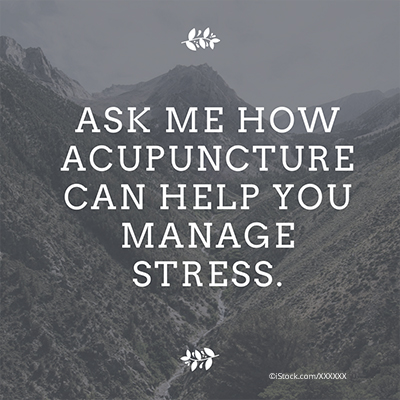 Here are some facts from the Global Organization for Stress:
Here are some facts from the Global Organization for Stress:
- Americans report higher levels of stress than most people in other countries around the globe.
- Surveys show nearly one out of 75 people worldwide, experience panic attacks.
- Stress in American teenagers is now one of the top health concerns and it is being found that teenagers experiencing stress are more likely to develop long-term health problems.
We all experience stress in our lives.
But learning how to deal with it can be crucial for a happy, healthy life.
Studies show acupuncture can reduce stress when used regularly. The Journal of Endocrinology published a study showing stress hormones, like cortisol, were lower in rats that had received electroacupuncture. The use of electroacupuncture actually blocked the chronic stress hormones in the rats. It does the exact same thing for humans. TCM practitioners have known this for thousands of years and they didn’t need the research to prove it.
There are other tools as TCM practitioners we can use to relieve stress, such as cupping and herbs. But acupuncture / acupressure tend to work the quickest. Ask me to find out more!
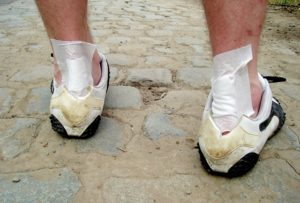 Acupuncture for Sprains and Strains
Acupuncture for Sprains and Strains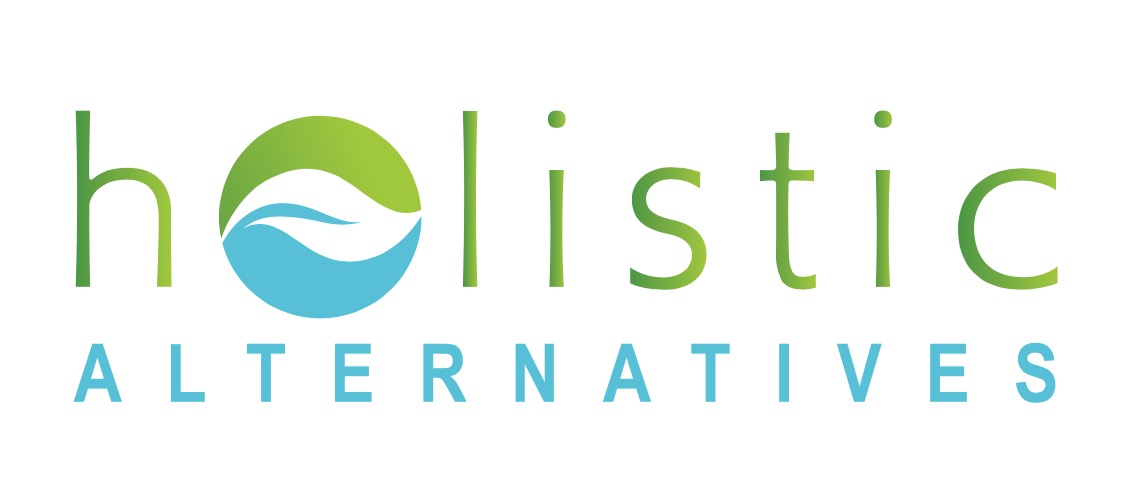

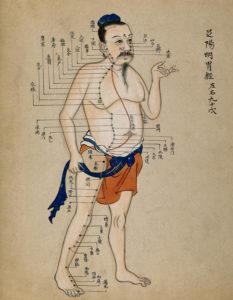 In TCM, the liver and its corresponding meridian are responsible for the smooth flow of Qi or energy, blood and emotions. The liver is easily affected by excess stress and uncontrolled emotions. Anger is the emotion commonly associated with the liver and gallbladder. If a person is frequently irritable, gets angered easily, has difficulty relaxing or letting things go, and is unreasonable, it is safe to guess their liver Qi isn’t functioning properly.
In TCM, the liver and its corresponding meridian are responsible for the smooth flow of Qi or energy, blood and emotions. The liver is easily affected by excess stress and uncontrolled emotions. Anger is the emotion commonly associated with the liver and gallbladder. If a person is frequently irritable, gets angered easily, has difficulty relaxing or letting things go, and is unreasonable, it is safe to guess their liver Qi isn’t functioning properly.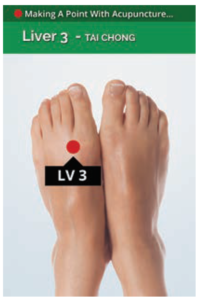
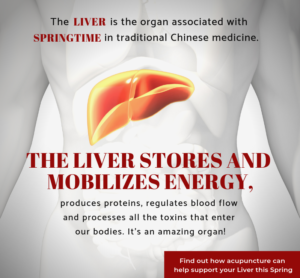 Physiologically, the liver embodies the decisive aspect of a military general, in setting up the preconditions for the correct functioning of nearly every organ system. For example, the liver is related to blood pressure via its synthesis of albumin, the blood plasma protein that helps balance oncotic pressure, which ultimately influences systemic blood pressure. The liver stores and releases important vitamins, minerals and glucose; metabolizes hormones; synthesizes proteins; detoxifies various metabolites; and secretes biochemicals vital to digestion such as bile.
Physiologically, the liver embodies the decisive aspect of a military general, in setting up the preconditions for the correct functioning of nearly every organ system. For example, the liver is related to blood pressure via its synthesis of albumin, the blood plasma protein that helps balance oncotic pressure, which ultimately influences systemic blood pressure. The liver stores and releases important vitamins, minerals and glucose; metabolizes hormones; synthesizes proteins; detoxifies various metabolites; and secretes biochemicals vital to digestion such as bile.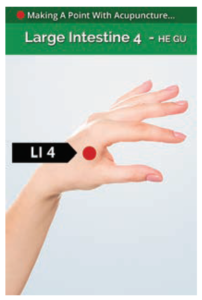 So when you digest that heavy meal, blood gets shunted to the digestive organs; when you run, blood is made more available in the legs and lungs; when you sleep, blood retreats back to the liver for processing, allowing the liver to perform over 500 functions in the body.
So when you digest that heavy meal, blood gets shunted to the digestive organs; when you run, blood is made more available in the legs and lungs; when you sleep, blood retreats back to the liver for processing, allowing the liver to perform over 500 functions in the body.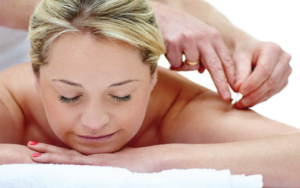 Liver Qi stagnation affects a large number of body processes, and it makes all of them less efficient. When the liver system is constantly challenged and bound up with stress, what follows are more severe imbalances of digestion, blood pressure, hormonal expression, blood sugar regulation and mood. This can cause muscle tension and pain, anxiety and/or depression, accumulation of fat, insomnia, menstrual cramps, low libido and more.
Liver Qi stagnation affects a large number of body processes, and it makes all of them less efficient. When the liver system is constantly challenged and bound up with stress, what follows are more severe imbalances of digestion, blood pressure, hormonal expression, blood sugar regulation and mood. This can cause muscle tension and pain, anxiety and/or depression, accumulation of fat, insomnia, menstrual cramps, low libido and more.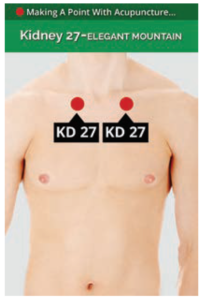 The modern condition of “decision fatigue” contributes directly to the binding up of activity of the liver system in a similar way to the “decision paralysis” that occurs when we have too many options or cannot decide. We go into fight or flight mode, release a bunch of stress hormones, and then stew in them because the organ system responsible for clearing out and metabolizing these stress hormones, the liver, is the one being most strongly impacted by our emotional response.
The modern condition of “decision fatigue” contributes directly to the binding up of activity of the liver system in a similar way to the “decision paralysis” that occurs when we have too many options or cannot decide. We go into fight or flight mode, release a bunch of stress hormones, and then stew in them because the organ system responsible for clearing out and metabolizing these stress hormones, the liver, is the one being most strongly impacted by our emotional response.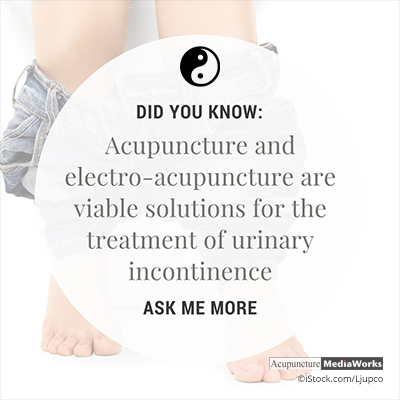 According to the World Health Organization, urinary bladder control problems affect nearly 200 million people worldwide. Women tend to be more likely to be affected by urinary bladder dysfunction than men. The most recent reports show more than 50 percent of older Americans struggle with urinary incontinence. This is just one of the many urinary problems that plague people all around the world. Urinary bladder dysfunction can mean anything from enuresis (urinary incontinence) to bladder stones. Many of these illnesses are preventable or treatable.
According to the World Health Organization, urinary bladder control problems affect nearly 200 million people worldwide. Women tend to be more likely to be affected by urinary bladder dysfunction than men. The most recent reports show more than 50 percent of older Americans struggle with urinary incontinence. This is just one of the many urinary problems that plague people all around the world. Urinary bladder dysfunction can mean anything from enuresis (urinary incontinence) to bladder stones. Many of these illnesses are preventable or treatable.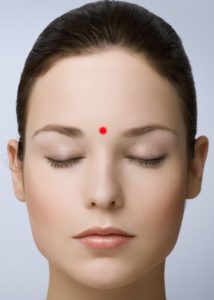 Yin Tang – located between the eyebrows, place your thumbs together and rub untoward the scalp, or place your index finger there lightly and rub in a clockwise circle. This point will help calm your mind and quell anxiety.
Yin Tang – located between the eyebrows, place your thumbs together and rub untoward the scalp, or place your index finger there lightly and rub in a clockwise circle. This point will help calm your mind and quell anxiety.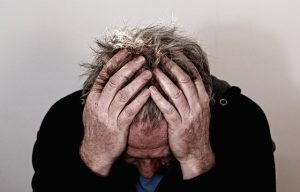 According to the Anxiety Disorders Association of America, anxiety disorders are the most common mental health disorder in the U.S. – affecting 40 million adults and costing more than $42 billion a year.
According to the Anxiety Disorders Association of America, anxiety disorders are the most common mental health disorder in the U.S. – affecting 40 million adults and costing more than $42 billion a year.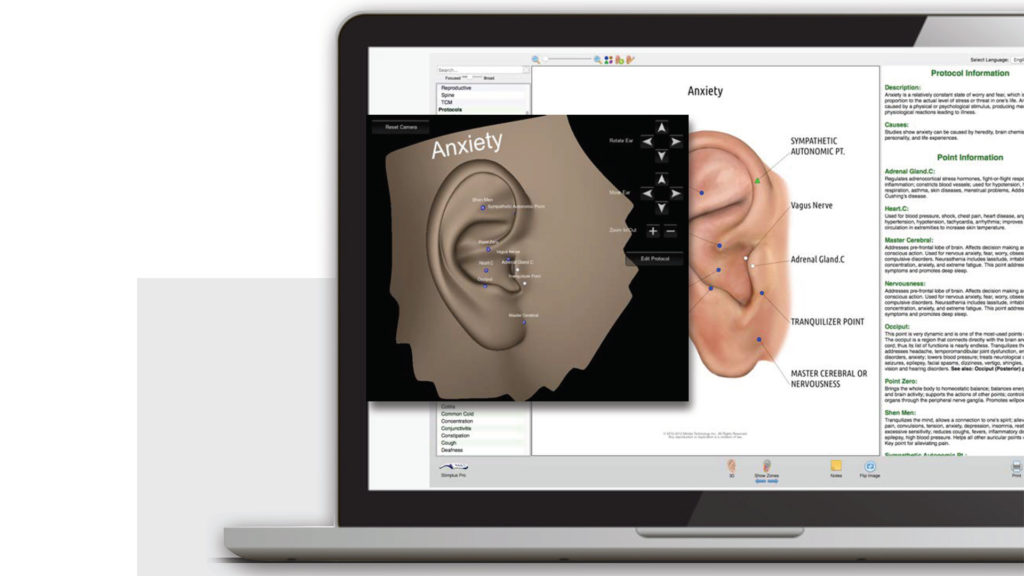
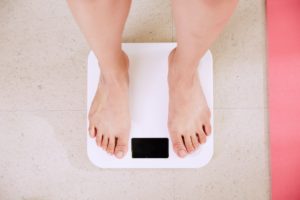

 Stress is defined as: a physical, chemical or emotional factor that causes bodily or mental tension.
Stress is defined as: a physical, chemical or emotional factor that causes bodily or mental tension. How Acupuncture Helps Reduce Stress
How Acupuncture Helps Reduce Stress TCM is holistic and natural because it stimulates the body’s own healing mechanisms and takes into account all aspects of a patient’s life, rather than just several obvious signs or symptoms.
TCM is holistic and natural because it stimulates the body’s own healing mechanisms and takes into account all aspects of a patient’s life, rather than just several obvious signs or symptoms. Here are some facts from the Global Organization for Stress:
Here are some facts from the Global Organization for Stress: